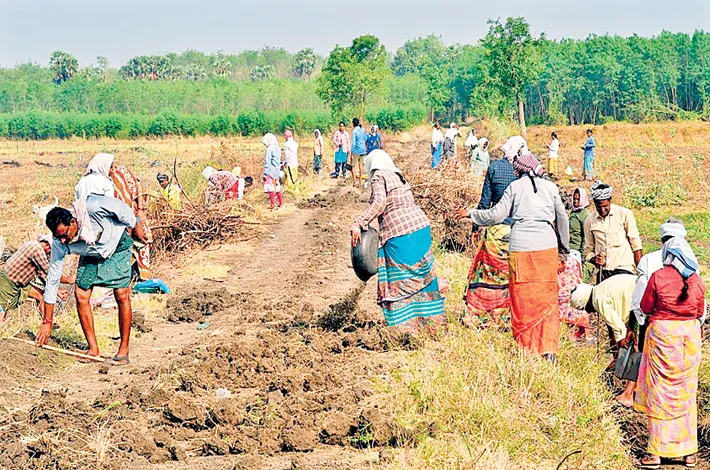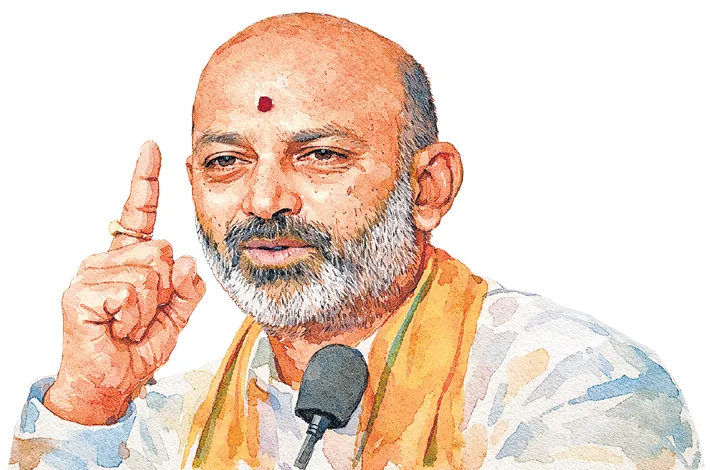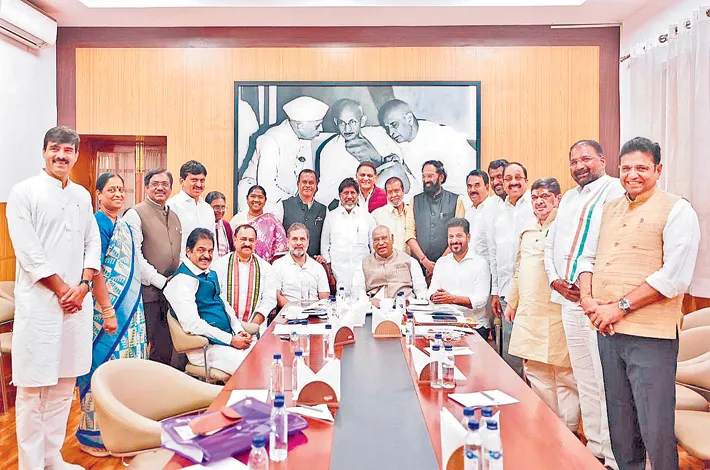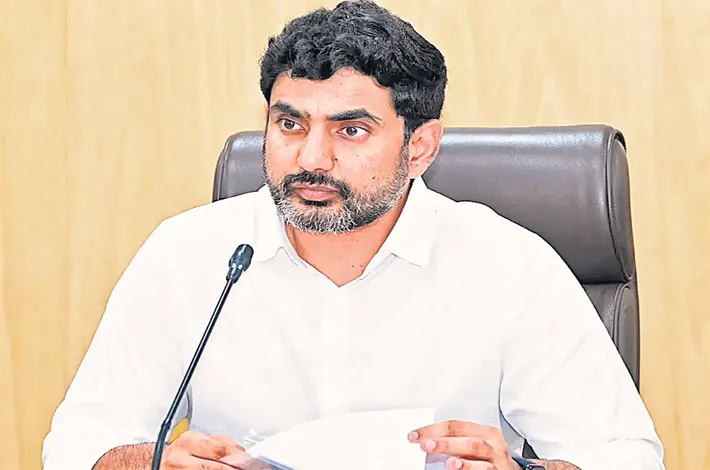Telangana records 47.6 percent drop in MGNREGA workdays
05-11-2025 12:00:00 AM

Telangana recorded a massive 47.6% fall in total persondays generated compared to the same period in 2024, while the national average decline was just 10.4%
Metro India News | Hyderabad
LibTech India’s six-monthly MGNREGA Tracker has revealed a severe contraction in employment generation across Telangana during April–September 2025. The decline began unusually early in April and May and persisted through the subsequent months without any sign of recovery. Telangana recorded a massive 47.6% fall in total persondays generated compared to the same period in 2024, while the national average decline was just 10.4%. This steep drop underscores a deepening employment crisis in the state’s rural economy.
The number of households that received employment under MGNREGA fell sharply from 25.33 lakh in 2024 to 19.94 lakh in 2025 — a 21.3% decline. The average number of workdays per household also dropped from 41 to 27, indicating that the fall in rural earnings was driven primarily by the lack of work rather than low wages. District-level data paints a grim picture, with Medchal recording the steepest decline at 92.8%, followed by Jogulamba Gadwal (72.6%), Kamareddy (68.7%), and Nizamabad (67.1%). Even districts with comparatively moderate declines such as Adilabad (–18%), Nalgonda (–24.3%), Yadadri Bhuvanagiri (–34.3%), and Siddipet (–34.7%) experienced significant job losses.
The contraction was across all social categories, with persondays for Scheduled Castes declining by 48.3%, Scheduled Tribes by 41.7%, and Others by 49.5%. Although the official MGNREGA wage increased from Rs 300 per day in 2024–25 to Rs 307 per day in 2025–26, households earned far less overall because of the drastic reduction in available workdays. The report estimated that the average household earned Rs 1,686 less this year — a 19.4% drop in income. Had the same number of workdays been provided as last year, households could have earned roughly Rs 3,500 more. LibTech India’s assessment concluded that “households lost work, not wages,” stressing that the core issue is inadequate employment generation.
Another major concern raised by the report is the ongoing deletion of jobcards. During the Aadhaar-Based Payment System (ABPS) verification drive in 2022–23, over 5.1 lakh jobcards were deleted in Telangana. Normally, a reinstatement phase follows such large-scale deletions, but the 2025–26 data shows no corrective effort. Instead, deletions are continuing without any system to restore wrongly removed beneficiaries.
Digital exclusion has also deepened due to the Aadhaar eKYC requirement. Despite some progress, over 53 lakh registered MGNREGA workers in Telangana remain not eKYC-eligible, putting them at risk of delayed or denied wages. The state’s eKYC eligibility stands at 48.5%, higher than the national average of 29.3%, but the exclusion remains severe. As the report notes, “digital conditions, not demand, are deciding who gets work.”
LibTech India has urged the Government of Telangana to restore predictable work allocation across districts, start a jobcard reinstatement drive, and closely monitor high-risk districts such as Medchal, Jogulamba Gadwal, Kamareddy, and Nizamabad. It also called on the Ministry of Rural Development to revoke the mandatory Aadhaar eKYC requirement and collaborate with civil society groups to develop more inclusive digital systems. Unless urgent corrective action is taken, the report warns, Telangana’s rural poor could face prolonged joblessness under a scheme meant to guarantee them work.








